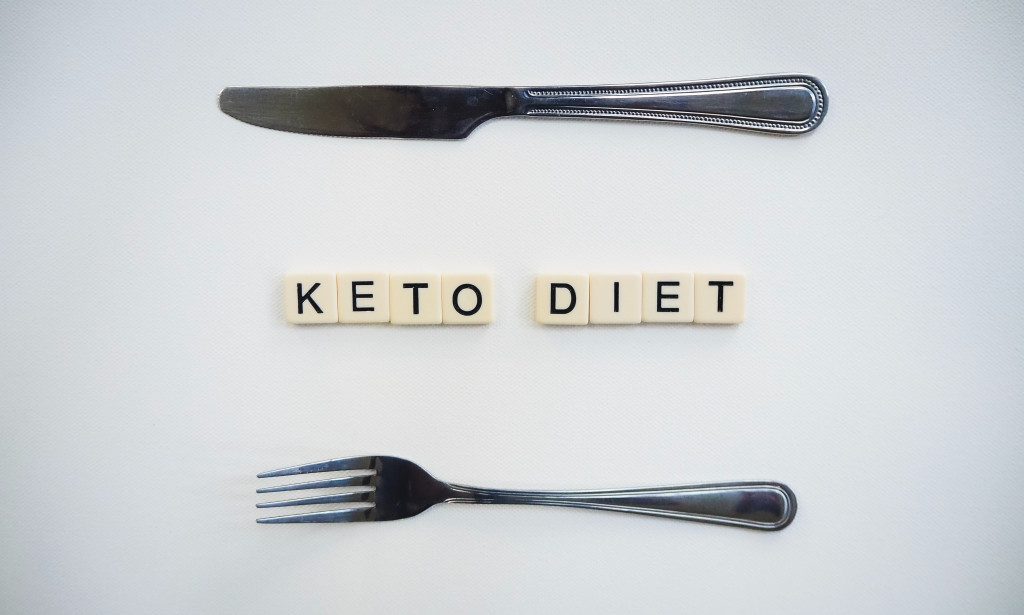The Keto diet is one of the most popular diets we have seen nowadays. We have been witnessed that people get successful in losing their weight. The most interesting thing about the keto diet is taking more calories from fat than carbs.
Researchers have shown a great interest in this diet, too: In 2015, there were 159 studies listed in the database PubMed (National Library of Medicine and the National Institutes of Health which is run by the U.S). In 2018, the published studies went up to 322.
If you are planning to lose some weight and go on a keto diet, you should read some facts before going on a keto diet.
Let us talk about the Keto diet!
1. Meat lovers will love this diet!
The keto demands low carbs intake it like a dream come true for those who want to lose by consuming more fat. Your body does not require a lot of protein to be taken while taking a low-carb diet. The intake should be 75 percent of fat, 20 percent of protein, and only 5 percent carbs.
What foods to eat on the keto diet:
Eggs
Cheese
Avocado
Fish
Steak
Chicken
Vegetables such as asparagus, spinach, or green beans
Nuts and seeds
Yogurt
Coconut oil
2. Challenges with vegetarian keto:
Though it’s not a high-protein diet, vegetarians still find it difficult to find their protein intake without beans and grains. Since several vegetables contain carbs, they should be strictly avoided during the keto plan. A vegan diet may lack the necessary vitamin B12 and amino acids. They resort to vitamin B12 supplements. But it may be difficult to get amino acids. So what vegans should eat so they can go on a keto diet.
Those on a vegan keto diet can look for these foods:
Plant-based fats: Avocado and its oil, coconut and its oil olives and their oil. These fruits are essentials in a keto diet.
Low-carb vegetarian proteins: Tofu, seitan, and tempeh. They can be served on the keto diet.
Low-carb vegetables: Cauliflower, zucchini, Swiss chard, mushrooms, asparagus, celery, spinach, bok choy, broccoli rabe, cabbage, broccoli, kale, Brussels sprouts, and lettuces
Nuts: Nuts are very important for hour body all nuts are solid choices when you are eating vegetarian keto, but some are higher in fat and lower in carbohydrates.
Dairy: Dairy is a great option for vegans you can add Yogurt, plain cottage cheese, hard cheeses, and butter to your diet.
*A keto diet includes dairy, if you are not comfortable with dairy it means that you may find it a little more challenging to adhere to a keto diet. You may see symptoms like feeling bloated, not feeling good after having a meal. If you feel something like this you can switch to high-quality dairy products and test your ketone levels.
Berries: When it comes to berries whether you are vegan or non-vegetarian you will love berries. Here are some options strawberries, raspberries, and blackberries.
3. Fruits are not allowed:
An apple a day keeps the doctor away Doctors say that, but unfortunately, on a keto diet, it's the opposite. Most of the fruits contain carbs, simple sugar, glucose, and fructose; there are barriers between you and your dreams of losing weight.
Here is the list of fruits to add to a keto diet:
Avocados
Watermelon
Strawberries
Lemons
Tomatoes
Peaches
Cantaloupe
4. Keto for treating seizure disorders:
Yes, you heard it right, originally, the ketogenic diet was developed a century ago to treat seizure disorders, such as epilepsy, in children. In the old times, people used to fast and would take diets to treat epilepsy. In 1920, researchers introduced the keto diet for the treatment of epilepsy. For two decades keto diet was used as a treatment, but with the development of Antiepileptic Drug Treatment, the use declined. Only small numbers of hospitals were suggesting taking diets as a treatment. Over the past 15 years, there has been a huge surge in the use and scientific interest in keto. So, history tells us how keto becomes of one the most successful diets in losing weight.
5. Causes dehydration:
The most common problem that happens in the body when you start a keto diet is dehydration. Because the body burns fat not carbs and produces ketone. which must be passed through urination. This can cause dehydration and loss of electrolyte balance.
6. Physical performance gets destroyed (A myth)
It is a very common myth among people that, if you take low-carb diets it leads to loss of physical performance. But, this is not true it has been proven by many researchers that low carb diets are beneficial to health and performance. When you start taking diets you whether it is a keto diet or something else your body takes time to adapt. Because your body is not used to it but as time goes and if you stick to your diet it gives you good results after some time.
7. Low Carb can negatively affect your metabolic rate
Carbs are important to your body too. In a keto diet your very low amount of carbs and a high amount of fats. If you take carbs less than 50 grams per day your insulin level goes down and the fat cells release a lot of fat. The liver gets pounded by a lot of fatty acids and the liver turns fatty acids into ketone or ketones. These are molecules that provide energy to your brain during starvation when you don’t eat carbs.
8. Ketogenic Diets May Help With Type 2 Diabetes:
Well, it's not that scary to be on a keto diet, because it also helps fight Type 2 Diabetes. Research has shown that the keto diet is helping improve blood glucose, which can be a significant benefit to people with type 2 diabetes.
Does the Keto Diet Work?
We have mixed researches on whether the keto diet is beneficial. One study by the British Journal of Nutrition shows that the keto diet effectively helps in losing weight and gives good results in the end.



You must be logged in to post a comment.